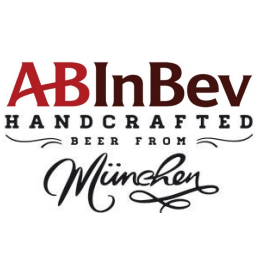Minority stake in Bavarian craft brewer

The craft beer scene is Germany is a nascent one, largely confined to the big cities and making very little impact on the day-to-day drinking lives of most Germans. But it’s there, and the attractions of breaking free of Germany’s price-conscious mainstream beer market has lured in a number of players. Large local producers like Dr Oetker and Weihenstephaner have sought a piece of this action via sub-brands and collaborations, while a small number of independent producers have eked out a living with non-German styles and anglophone marketing.
One of these, CREW Republic, has just become the first German craft beer producer to be acquired by AB InBev. The brewery was founded in 2011 on the outskirts of Munich and has grown to become one of the established faces of German craft brewing, exporting far beyond its home. For its part, AB InBev is best known in German beer for the Beck’s brand in the north and Spaten/Franziskaner/Löwenbräu in Bavaria.
German drinks media is reporting that distribution of CREW Republic beers through AB InBev will begin on 1st October 2019. The multinational has taken an unspecified minority stake in CREW, though that tends to mean 49%, a controlling interest in all things but name.
The terms of the deal were not disclosed, and CREW Republic’s management stated that access to the market and wider distribution of product is the main benefit they hope to gain from the arrangement.



